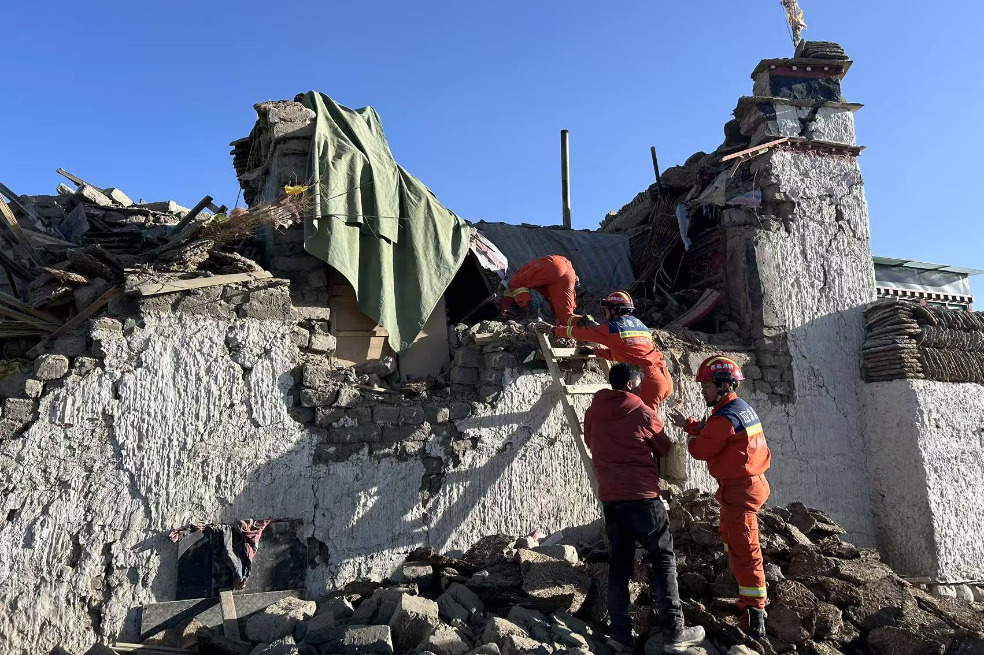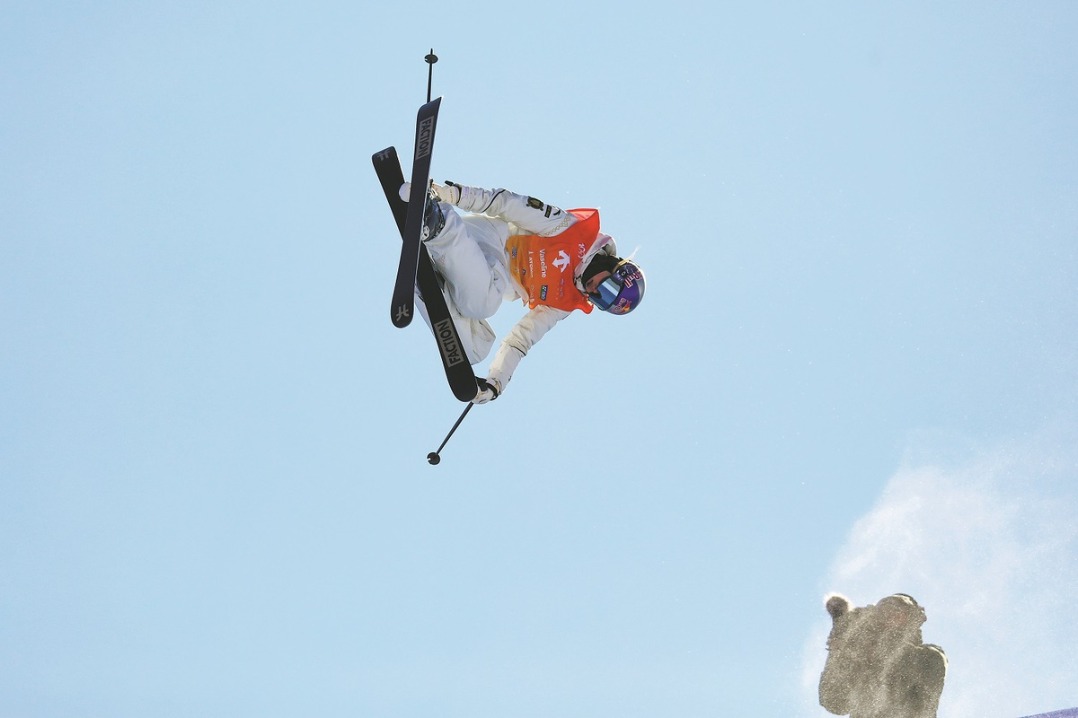'Most exciting outdoor market in the world'


China's snow and ice sport industry is growing rapidly in the run-up to the Winter Olympics in 2022.
According to the China National Tourism Administration, the country is expecting to see over 300 million people involved in winter sports by 2022, creating 1 trillion yuan ($152 billion) market.
Indeed, 2022 has already brought changes to the local economies of host cities.
Take Zhangjiakou in Hebei province as an example. Since the prefecture-level city was selected as the major venue for the Games, flocks of people have been rushing in to experience its snow resorts and the white slopes.
According to the local tourism bureau, its Chongli district, with a population of 126,000 people, has seen 3.5 million tourists in 2016, generating 2.5 billion yuan in revenue, up 27 percent year-on-year.
Over the last two snow seasons in 2016 and 2017, the district has hosted 2.67 million tourists, of which 90 percent came for winter sports.
"Thanks to winter sports, Chongli has been recognized by the country and even the world," said Zhao Zan, head of the district.
The snow sports industry has also helped support local employment. One-sixth of its population has been involved in snow sports or related fields concerning tourism, hospitality or food.
"We used to see visitors only in winter," said Liu Suying, 53, who operates a cottage lodge in Chongli. "Now, we've had visitors throughout the year and our annual income has doubled to 100,000 yuan."
According to the local government's financial report, in the past, over 75 percent of the local tax revenue came from the mining sector. In 2016, however, the tertiary sector, particularly snow sports and tourism, has become the major source of tax revenue, accounting for 58.3 percent in the first three quarters.
Chongli has also become one of the country's largest snow resorts with seven established snow venues, with the latest one, Galaxy Ski Resort, launched toward the end of 2017.
Authorities of host cities have been striving to create the necessary infrastructure for the 2022 Games. Private and foreign investors are also tapping into the snow economy, as they foresee the Games are going to bring about robust growth of the business.
"We've seen a growing number of Chinese, especially millennials, who are interested in snow sports and snow scenery," said Maria Yang, development director for the China market, the tourism bureau of Alberta, a snow-rich province in Canada.
Being an established snow destination, Alberta is eager to attract more Chinese tourists to try its top-grade natural ski slopes and to boost its local tourism.
"In the past years, we've seen a dramatic increase-about 32 percent-from the Chinese snow sports lovers to Alberta," she said.































